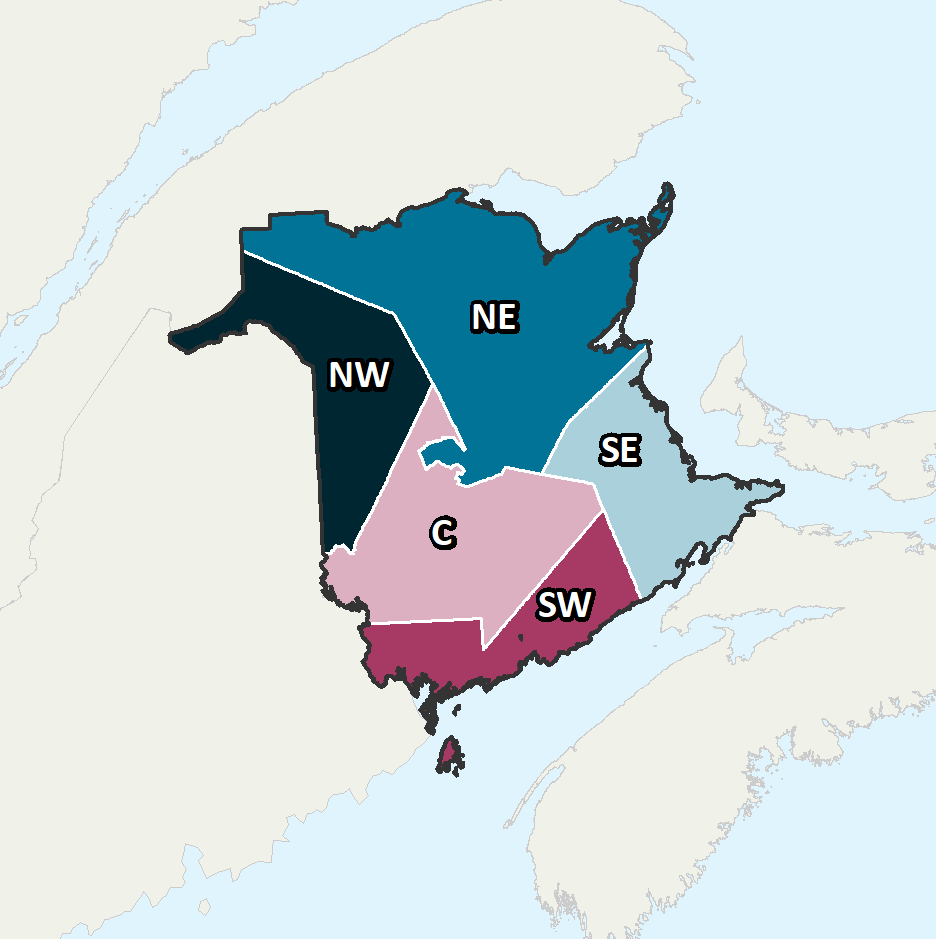
Court clerks and related court services occupations
perform administrative, security, and other support functions for courts of law such as scheduling trials, calling court to order, maintaining exhibits, maintaining records, and working with law enforcement.
On This Page
Full NOC Description
Main Duties
- This group performs some or all of the following duties:
- Court clerks
- Call courts of law to order, read charges, take pleas from defendants, swear in witnesses and perform other clerical functions in the courtrooms
- Prepare court files, court dockets and other documents
- Record main court proceedings, including pleas, names of witnesses, dates, times and rulings
- Manage care and custody of court exhibits
- Prepare documents for and participate in jury selection
- Update and maintain court office paper and electronic indexes and files on actions taken by court or in response to court decisions
- Receive, disburse and account for fines, fees and trust monies
- Assist the public in court offices.
- Court officers
- Stock courtrooms with necessary materials before trials
- Escort the judge to the courtroom
- Maintain the security and safety of the judge and courtroom
- Monitor proceedings and uphold the rules and procedures of the court
- Read charges and take pleas from defendants
- Transport prisoners to and from the court house and detention centres, psychiatric hospitals, police divisions, or elsewhere
- Maintain the security of prisoners in the cell area of courthouses and while escorting prisoners to and from courtrooms or elsewhere
- Maintain prisoner records.
- Court administrators
- Coordinate administrative services and establish work priorities for court staff
- Supervise court clerks and other court services occupations
- Schedule court trials, pre-trial conferences and hearings
- Oversee the maintenance of judicial court records
- Assist in preparing annual budgets
- May assist in the management of personnel, operations, and the court facilities.
Also Known As
- court administrator
- court clerk
- court clerk supervisor
- court clerk-crier
- court officer
Employment Requirements
- Completion of secondary school is required.
- On-the-job training is provided for court officers, court clerks, and court liaison officers.
- Special Constable Certification may be required for court officers and court liaison officers.
- Court clerks and court officers may require a 1-2 year post-secondary diploma in office administration or equivalent.
- Court administrators usually require a 1-2 year post-secondary diploma, or may require a university degree in law, business administration, judicial administration, or related field.
- Some experience as a court clerks may be required for court administrators.
- Experience in clerical services, administration and management, and personnel information systems may be required for court administrators.
Provincial Regulation
Not Provincially Regulated
The following graph shows the percentage of men and women working in this occupation in New Brunswick.
Data legend
The following graph shows the breakdown of all persons working in this occupation in New Brunswick by age group.
Data legend
The following graph shows the breakdown of all persons working in this occupation in New Brunswick by highest level of education achieved.
Data legend
The following graph shows the industry groups in which the largest shares of persons working in this occupation in New Brunswick are employed. Small percentages for all top three industry groups may suggest employment for this occupation is widely distributed amongst many industry groups.
Data legend
The following graph shows the breakdown of all persons employed in this occupation in New Brunswick by which economic region they reside in.
Data legend

Economic Regions
The following map displays New Brunswick’s five economic regions. An economic region (ER) is a grouping of counties, created as a standard unit for analysis of regional economic activity across Canada.
The following graph shows the average salary of all persons employed in this occupation in each of New Brunswick’s five economic regions.
Data legend

Economic Regions
The following map displays New Brunswick’s five economic regions. An economic region (ER) is a grouping of counties, created as a standard unit for analysis of regional economic activity across Canada.
The following represents the median hourly wage of all persons employed in this occupation in each of New Brunswick’s five economic regions.
The following shows the average salary of everyone who worked full-time and year-round in this occupation across each of the Atlantic Provinces and nationally.
The following represents the number of job openings that are expected to occur in this occupation over the next three and ten years respectively, broken down by openings expected to result from growth (“new jobs”) and openings expected to result from attrition (death and retirements).


Share this page
No endorsement of any products or services is expressed or implied.